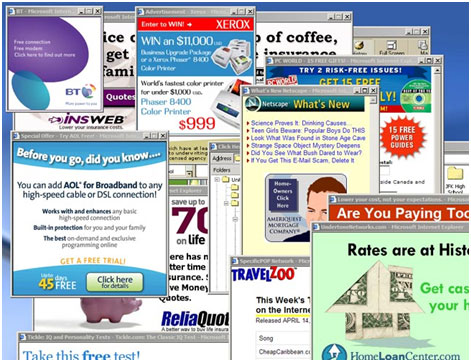
- Consumers typically are lured into the scheme in four ways – by either a pop-up ad on their computer; an unsolicited phone call from a “technician” claiming to have detected problems with the user’s computer; via ransomware attached to an email; or by Internet searches for technical support on sponsored links.
- Most people lose money through use of credit cards or debit cards (55 percent). Checks (36 percent) are the second most-common form of payment.
- The problem is worldwide with U.S. residents accounting for 33.6 percent of victims. The scam also is popular in Australia (25.4 percent of victims) and Singapore (22.4 percent).
- Studies show that 85.4 percent of the scammers come from India. Less than 10 percent of the scammers operate inside the U.S.
- According to the FBI, U.S. consumers lost more than $21 million to the scheme in the first nine months of 2017.
- The report was prepared by C. Steven Baker, BBB International Investigations Specialist. Baker is the retired director of the Federal Trade Commission’s Midwest Region.
Many of these scams are applied to owners of Microsoft computers but MAC users are not immune. Malware and Adware are suspect when search engine results come back with an unusual number of ads, having only one or two pop up advertisements when clicking on new links, and in text advertisements showing up throughout the content of the webpage being viewed. Banner Ads are another advertisement to look out for that users frequently see during times when they are not infected by adware. Seeing banners at the top or side of a webpage is normal; however, an increase in these throughout the page can mean an adware infection causing the desired website to become unusable.
There are numbers of free Adware and Malware protective software packages available but some are better than others. During a Malware or Adware infection, a window will pop up advertising a scammer as having detected an infection, including a link to fix it. The scammer will communicate with the owner of the infected computer, fake a fix by pretending to take over the computer, point out the problems and then offer the victim a renewable package, often in the range of $119 to $400 to prevent further infections. These packages are fake, and the installation useless against future infections but the consumer may never realize they’ve been ripped off, until they’re hit with another round of adware.
- Research tech support companies before you decide to do business with them. Go to bbb.org to search for BBB Business Profiles.
- Double-check all the details. If you’re directed to an official company website, make sure that it’s the real company’s site by double-checking the spelling of the company’s name in the website address. Anything that claims to be from “Microsoft,” for example, is a scam.
- If a caller claims to work for a reputable company, ask them to tell you their name or their employee ID, and in which department they work. Then look up and call that company’s official customer service line and ask to be directed to that employee. Do not use a phone number provided to you by the caller.
- If your computer has been compromised, don’t panic. You may still be able to get your machine fixed. Scammers are relying on you to make hasty decisions. You’ll be better able to avoid their traps if you slow down and don’t rush.
- Make sure you you’re using a quality, up-to-date antivirus software. Make sure you are running the latest version of the software.
- Change your passwords. First change the password to any account or machine the scammer has or could access. Then change the passwords on any account that you were logged in to on your machine, as well as any accounts for which you use the same or very similar login credentials.
- Call your credit card company. If you made a payment by using your credit card, the company will help you to appeal any unauthorized charges and to get a new card.
- Victims can report to BBB’s Scam Tracker.
Support Northern Colorado Journalism
Show your support for North Forty News by helping us produce more content. It's a kind and simple gesture that will help us continue to bring more content to you.
BONUS - Donors get a link in their receipt to sign up for our once-per-week instant text messaging alert. Get your e-copy of North Forty News the moment it is released!
Click to Donate


